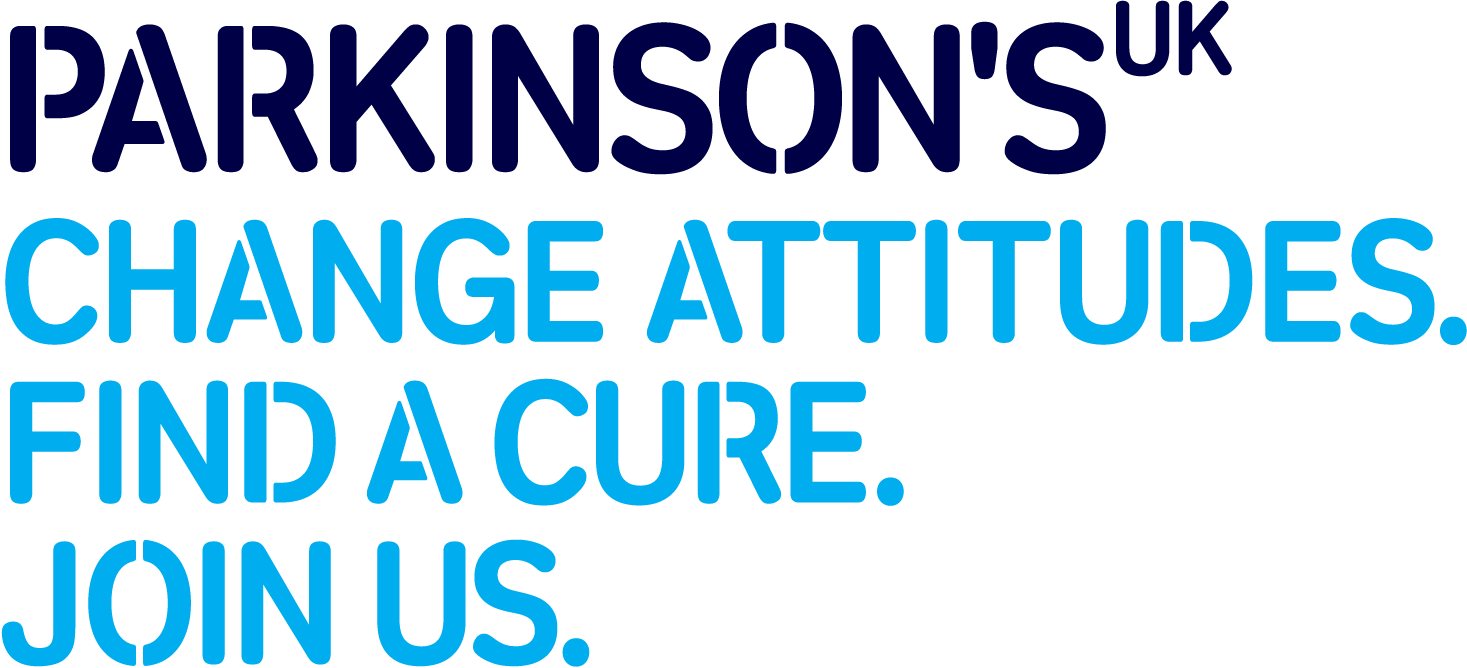At the recent research conference we heard from a number of incredibly influential Parkinson’s researchers. You can read more about the conference here - http://bit.ly/1brnKVE
Professor K Ray Chaudhuri, King’s College London spoke about ‘Non-motor symptoms of Parkinson’s’.
Watch a short clip of Professor Chaudhuri discussing, the often non-motor symptoms of Parkinson’s and their impact here - http://bit.ly/1fZ7du0
Find out more:
Professor K Ray Chaudhuri is Professor in Neurology and Movement Disorders and Consultant Neurologist at Kings College Hospital and Kings College, London. The Professor noted that the Non-motor symptoms (NMS) of Parkinson's are myriad and include cognitive issues, anxiety, sleep disturbance, constipation, speech disorders, hallucinations, urinary problems, gastrointestinal disorders, fatigue, autonomic dysfunction, apathy, dribbling and depression.
Most Parkinson's patients have some 6 to 8 NMS symptoms, many of which are treatable. For example, constipation can be effectively treated by a prescription for the drug Movicol. Professor Chaudhuri noted that many of these NMS symptoms were identified by Dr James Parkinson in his Essay on the Shaking Palsy in 1817. The traditional view of the disease has however subsequently focussed on movement issues.
It is known that Parkinson's is a multi system disorder and affects four chemical pathways in the brain, one of which is the Dopamine pathway. There is considerable variation in the condition and 'one size does not fit all'. NMS precede motor symptoms and can impact dramatically on the Quality of Life of Parkinson's patients. Surveys have confirmed that a majority of patients find NMS the 'most bothersome' aspect of the disease yet this is not generally reflected in the treatment of the condition. Research undertaken in 2011 suggests that, in 40% of consultations, no assessment of NMS was made.
The Parkinson's NMS Group was formed in 2004 and has developed tools to identify and measure NMS including a comprehensive questionnaire developed in 2006. This is the only validated tool available and, coupled with an autonomic assessment and a smell test; it can provide a reliable biomarker in the diagnosis and treatment of the condition. The Parkinson's NMS Group have also developed a Pain Scale and a Sleep Scale to provide further detail of a patient’s condition. Some hospitals in the UK are using the NMS Questionnaire but it has not been universally adopted. Professor Chaudhuri suggested that the NMS Questionnaire could be completed in the waiting room prior to an appointment. Some medical professionals quote that they do not have time to learn how to use this tool and deploy it in their assessments.
It is vitally important that patients communicate clearly with their doctors and consultants, particularly when the patient first presents with Parkinson’s symptoms. The tick list approach set out in the PD NMS Questionnaire provides the medical team with a rapid yet comprehensive assessment of symptoms allowing appropriate medication to address the NMS to be prescribed.
As a Parkinson's patient of 7 years standing, I have not been requested to complete the Professor's Questionnaire. I can understand that it has merit, both for medics and for patients, to see the 'bigger picture' and to allow the condition to be treated in a holistic manner. Like many PD patients I take pills at regular intervals throughout the day to address the motor symptoms of the condition. I am always reluctant to increase this drug diet but if NMS symptoms that are particularly ‘bothersome’ can be identified and effectively addressed, this is to be welcomed.
Andrew Huckson, Research Supporter
